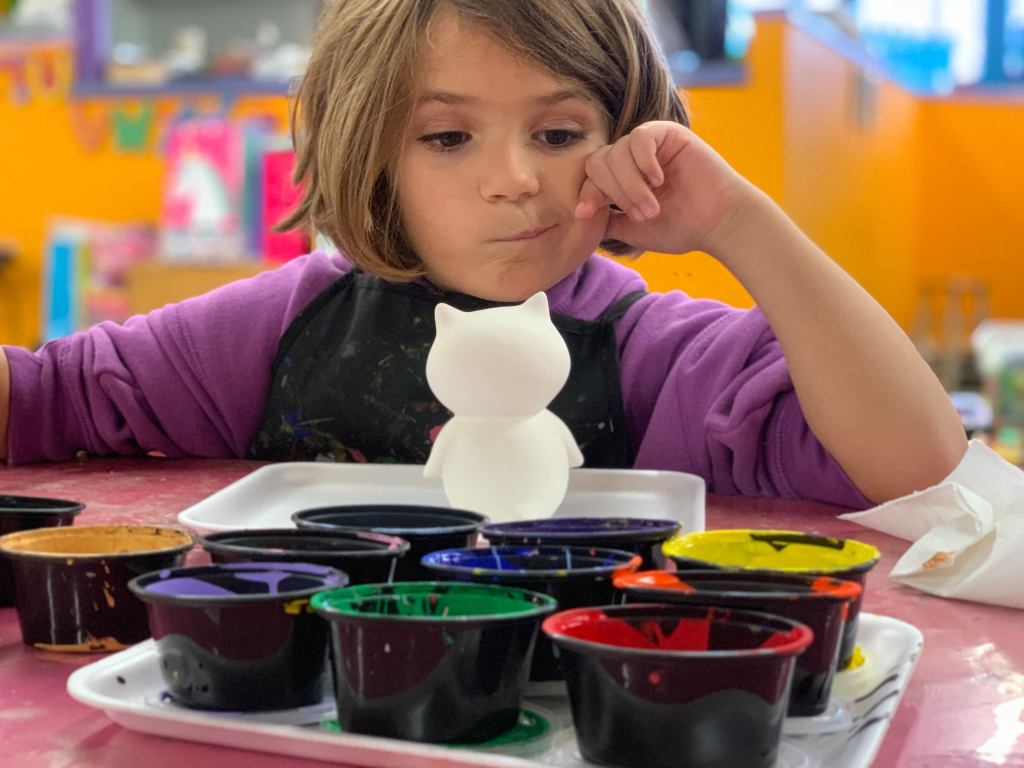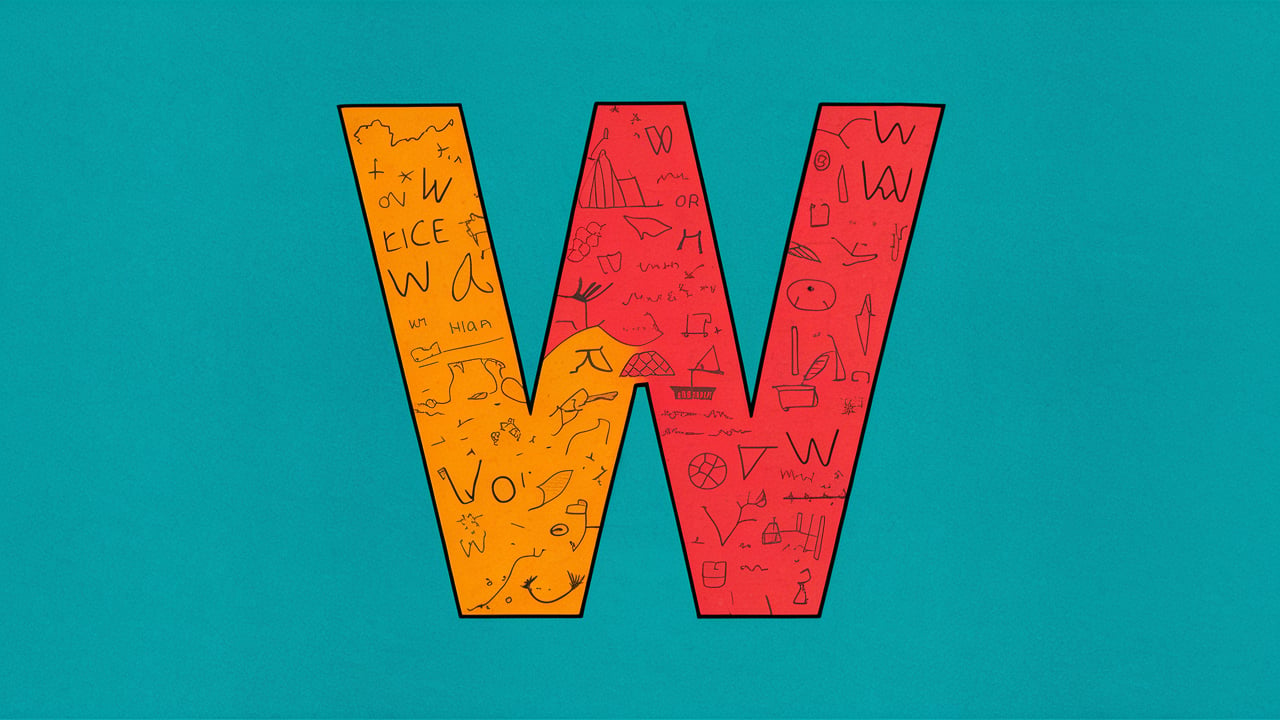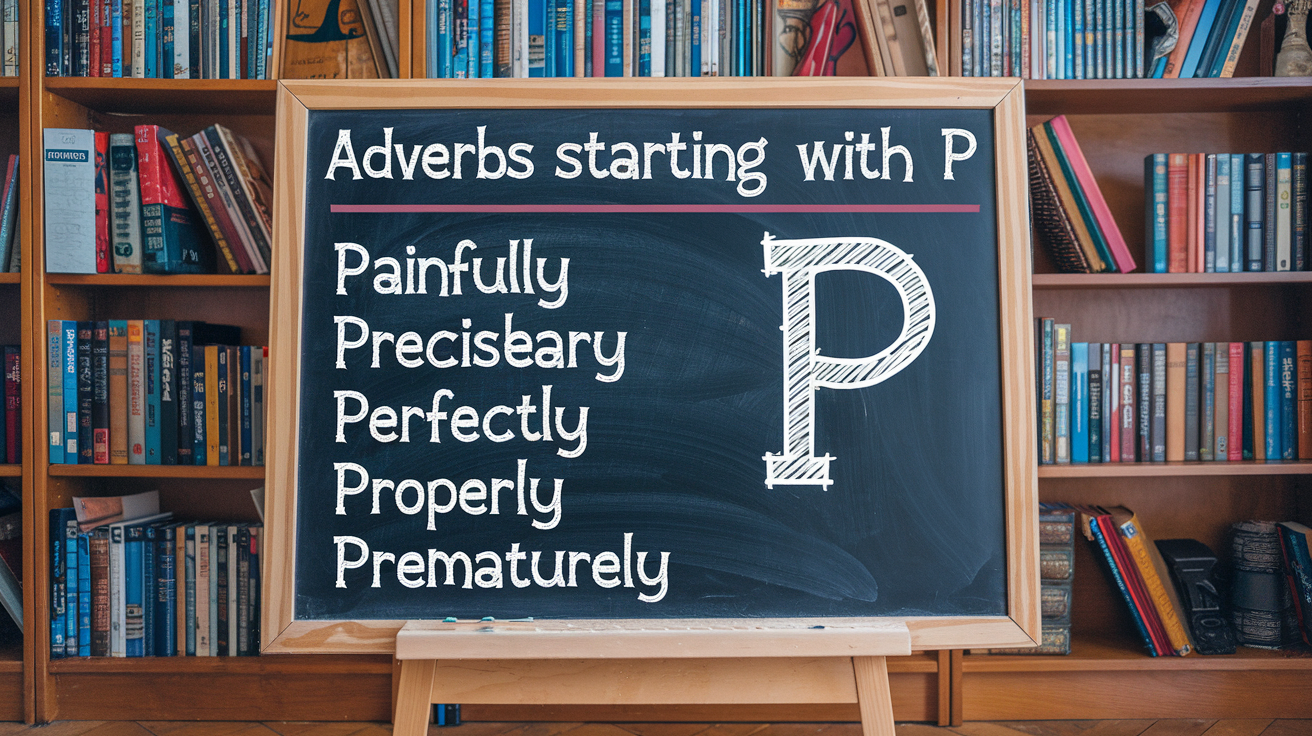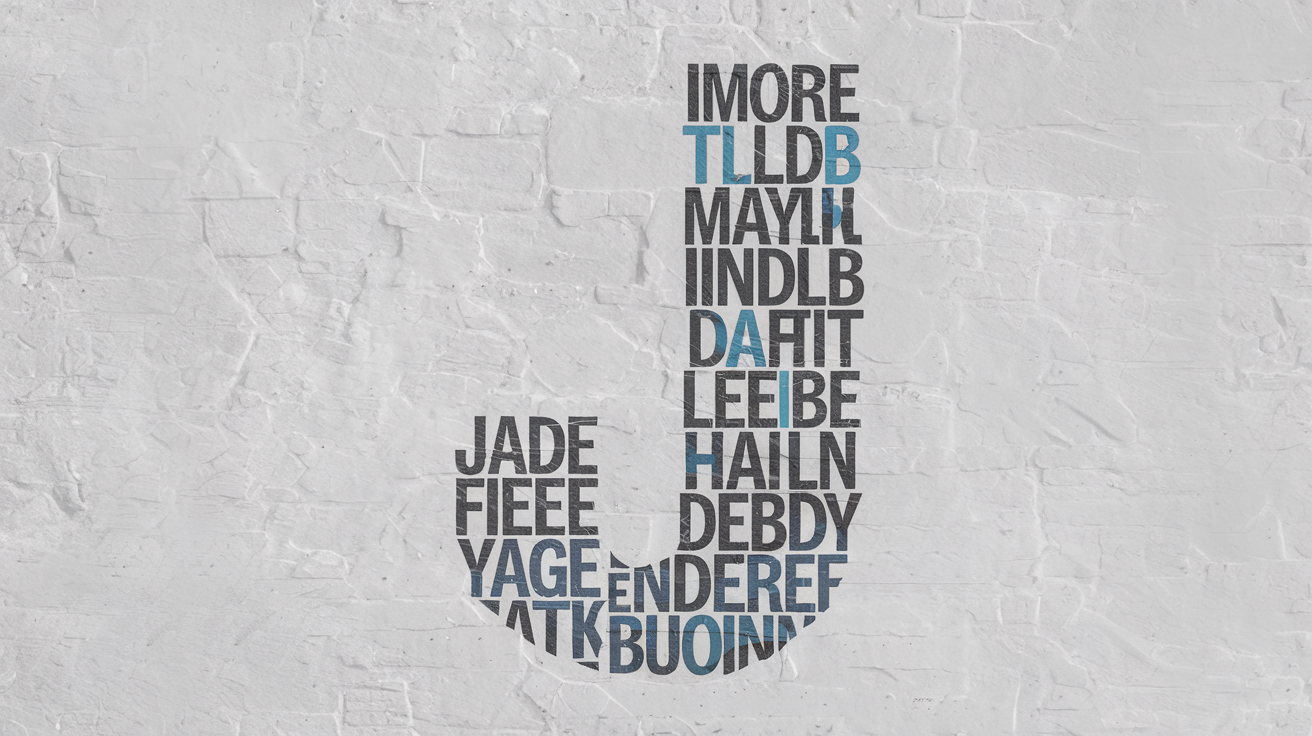Preschoolers are sponges, absorbing information at an incredible rate. Building a strong vocabulary foundation during these early years is crucial for future academic and social success. One effective way to enhance language skills is by focusing on specific letters and the words that begin with them. In this article, we will delve into the letter ‘W’ and explore various strategies to teach preschoolers words that start with this sound.
Why Teaching ‘W’ Words is Important for Preschoolers
Learning words that begin with ‘W’ offers several benefits for preschoolers. It helps them develop essential language skills, such as phonetic awareness, which involves recognizing the relationship between sounds and letters. By mastering the ‘W’ sound, children can improve their pronunciation, reading, and writing abilities. Additionally, ‘W’ words are commonly encountered in everyday life, making them relevant and practical for young learners.
List of Words That Start With the Letter ‘W’ for Preschoolers
Learning ‘W’ words is a fun way to help preschoolers build their vocabulary. Words like “whale,” “wind,” and “wagon” are easy to learn and connect to everyday life.
Simple ‘W’ Words for Preschoolers
- Wagon
- Water
- Whale
- Wind
- Window
- Wing
- Wolf
- Worm
- Wave
- Wall
- Wheel
- Watch
- Web
- Wood
- Wizard
Objects Starting with ‘W’
- Wagon
- Window
- Watch
- Wheel
- Web
- Wallet
- Whistle
Animals Starting with ‘W’
- Whale
- Wolf
- Worm
- Walrus
- Woodpecker
Actions Starting with ‘W’
- Walk
- Wave
- Wash
- Wink
- Whisper
Nature Words Starting with ‘W’
- Water
- Wind
- Woods
- Waterfall
- Wildflower
These words are simple, commonly encountered, and easy for preschoolers to understand and pronounce.

How to Teach the Letter ‘W’ to Preschoolers
Teaching the letter ‘W’ can be a fun and engaging experience for preschoolers. Here are some effective methods to introduce and reinforce ‘W’ words:
- Interactive Activities:
- Provide children with worksheets or tracing sheets featuring the letter ‘W’. Encourage them to trace the letter with their finger or a crayon.
- Create or purchase flashcards with ‘W’ words and pictures. Play matching games or quiz children on the words.
- Hide ‘W’ objects around the room and have children find them.
- Visual and Auditory Learning:
- Encourage children to bring in objects that start with ‘W’ and describe them.
- Teach songs or rhymes that include ‘W’ words to make learning enjoyable.
- Repetition and Practice:
- Read books that feature ‘W’ words to expose children to the sound and meaning.
- Play games like “I Spy” or “Begins With” to reinforce ‘W’ vocabulary.
Fun Activities to Reinforce ‘W’ Words
To make learning ‘W’ words even more enjoyable, you can engage preschoolers in a variety of fun activities that reinforce their new vocabulary. Get creative with crafts and art projects, such as creating a paper whale, drawing a windy day, or making a water bottle sensory activity that ties into the theme of water.
Story time is another great opportunity to introduce ‘W’ words; consider reading books like “Where’s Waldo?” or “The Very Hungry Caterpillar,” where you can point out ‘W’ words and discuss them with your child. Additionally, playing games like “W” charades, where children act out words that start with ‘W’, or singing songs such as “The Wheels on the Bus,” can make learning interactive and fun.
These activities help to solidify the connection between the letter ‘W’ and the words that begin with it, all while keeping children engaged and entertained.

Tips for Parents and Educators
Encouraging and supporting preschoolers as they learn new words can make a big difference in their language development. Praise children for their efforts and celebrate their successes, no matter how small, to build their confidence and enthusiasm for learning.
To make ‘W’ words a natural part of their daily routine, try talking about ‘W’ objects during meals, bath time, or while out on a walk. For example, you could point out the wind, water, or a wagon they see on their way to the park. It’s also important to monitor their progress by observing how well they use ‘W’ words in conversation. This will help you identify any areas where they may need extra practice or support, ensuring they continue to grow in their language skills.

Teaching preschoolers words that start with ‘W’ is a valuable step in their language development. By using a variety of engaging activities and strategies, parents and educators can help children build a strong vocabulary foundation and prepare them for future learning experiences. With consistent practice and encouragement, preschoolers will develop a love for language and a curiosity for the world around them.




